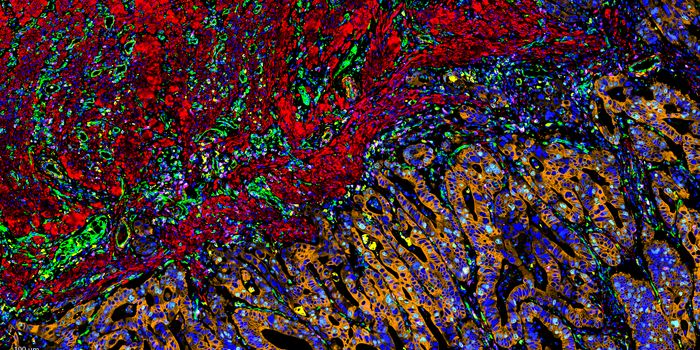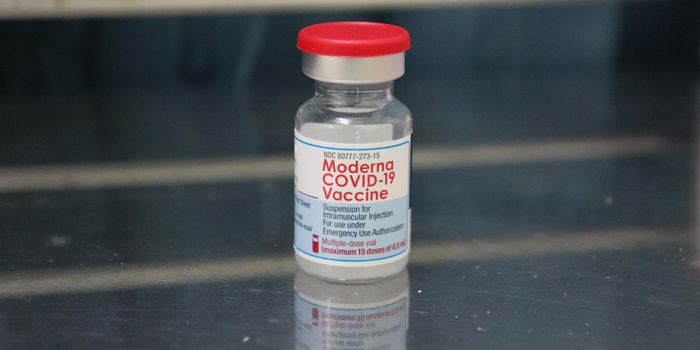Humans have specialized immune cells designed to detect and kill abnormal cells, whether they are virally-infected or cancerous cells. However, cancer cells can change to survive in their environment just like bacterial like
Staphylococcus aureus evolve to have antibiotic resistance and scientists have to create a new influenza vaccine every year due to seasonal mutations. Likewise, cancer cells adapt to evade the immune cells, so researchers develop treatments to fight back, “supercharging” immune cells to avoid evasion.
For attacking cancerous cells, natural killer (NK) cells are the soldier of choice. NK cells identify and kill cancer cells as abnormal and then release chemicals that cause cell lysis. In a collaborative study between researchers from the Walter and Eliza Institute and Queensland Institute of Medical Research, scientists identified a way to reactivate NK cells that have been “silenced” by cancer cells.
NK cells require signals from an immune growth factor called interleukin (IL) 15. Interleukins are chemical messengers that communicate with dozens of immune cells, and IL-15 regulates the activation and proliferation of NK cells. However, NK cells contain an inhibitor that prevents them from adequately attacking cancer cells, rendering them unable to detect and kill cancerous cells before they divide and spread.
The current study, published in
Nature Immunology, took an experimental model of metastatic melanoma to see if a drug that targeted the NK cell inhibitor would successfully reactivate NK cells to promote continuous, powerful cancer cell attacks. Metastatic melanoma is a late-stage cancer that described a state of cancer spread to the lymph nodes and “distant sites in the body and the body’s organs,” including the liver, lungs, bones, and brain.
In the experimental cancer model, removing the inhibitor did help NK cells target and kill cancer cells, and scientists are hopeful that a drug developed to do so could achieve the same result, and not just in cases of metastatic melanoma, but many other cancer types.
Sources:
Walter and Eliza Hall Institute,
Melanoma Research Foundation,
National Center for Biotechnology Information,
Centre d'Immunologie de Marseille-Luminy









